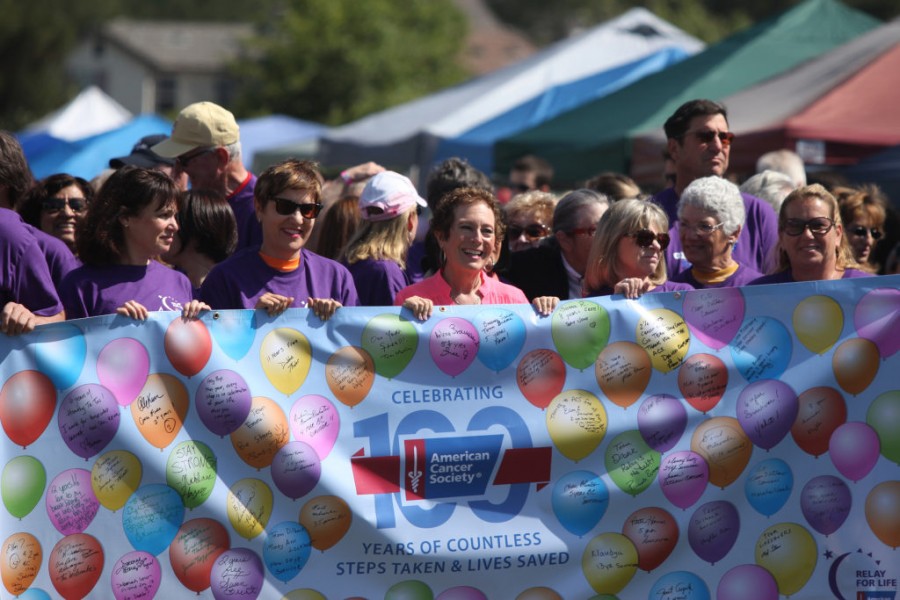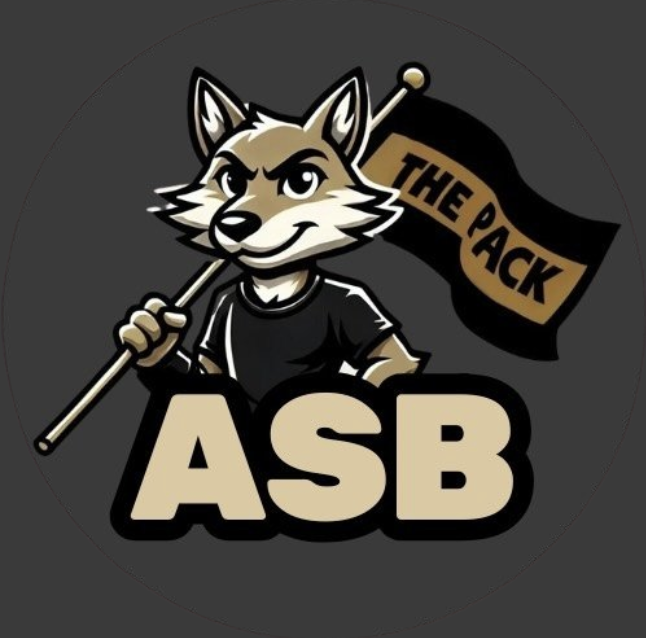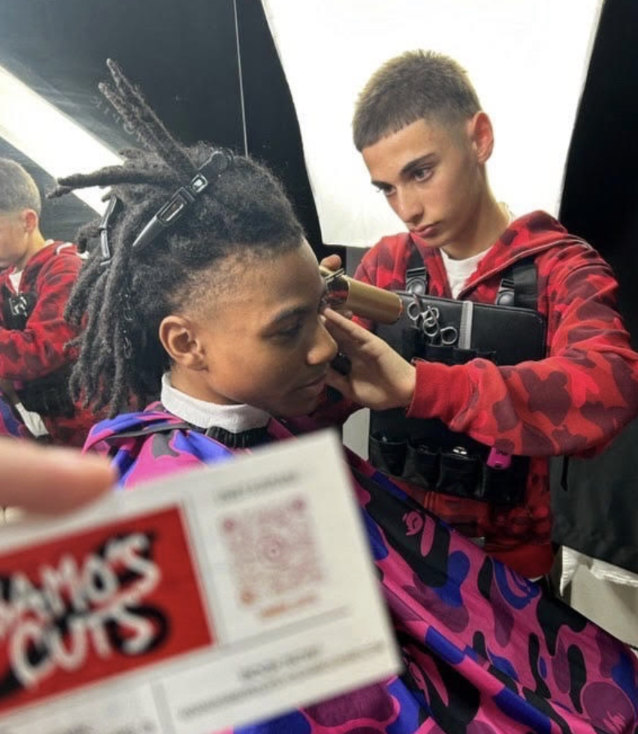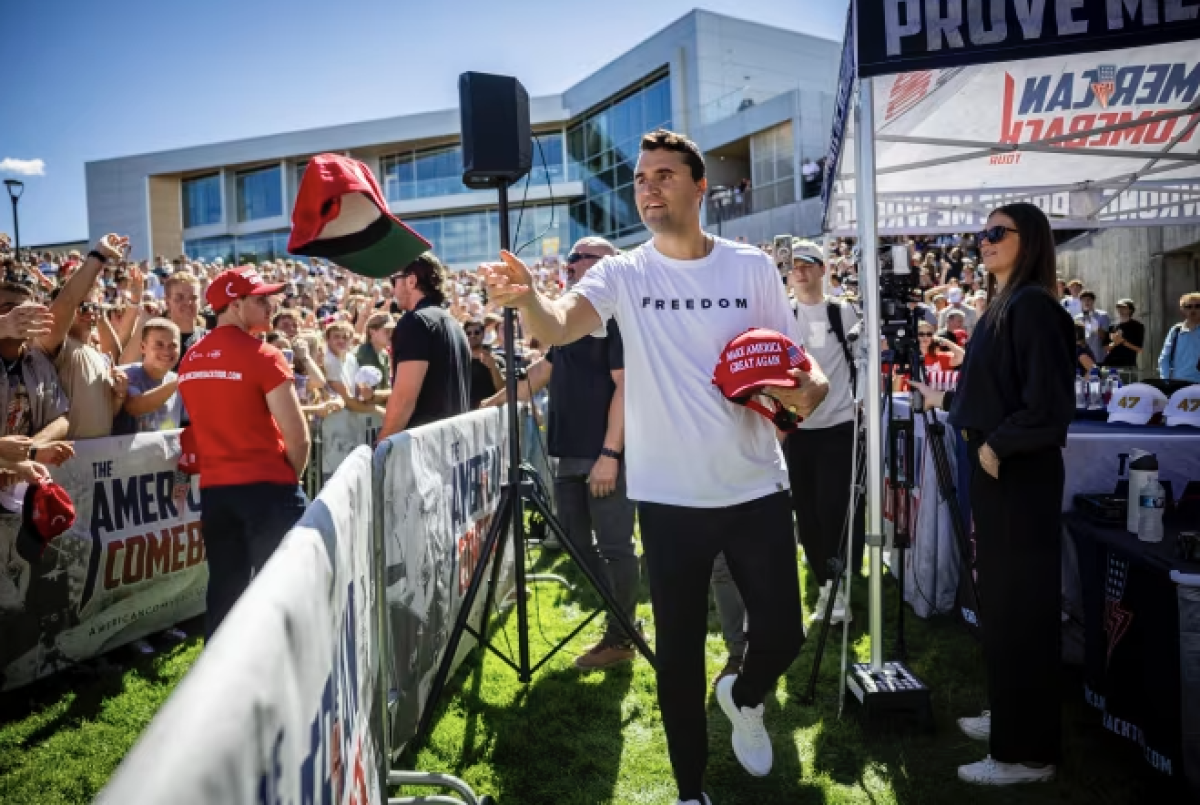Las Virgenes Unified School District recently announced that it will be changing the policy of how it distributes community service hours for Relay for Life. The most recent decision states that students who work at Relay for Life will get their hours. Relay for Life is a 24-hour fundraiser founded by the American Cancer Society that helps support the fight against cancer. During the event, teams of volunteers take turns walking around the track overnight, reinforcing the idea that cancer never sleeps. The event is dependent on volunteers who are motivated to help the cause.
CHS students participate in the Calabasas Relay for Life annually at A.E. Wright Middle School. Students in the Relay for Life Club, such as juniors Kenna Klein and Courtney Rauchman, as well as those on the committee, such as senior Chad Patterson, were outraged to hear that the event may no longer count for community service hours.
“While going through the list of requirements, Relay meets each one,” said Klein. “[LVUSD] argues that there are certain participants who do not participate effectively, but no matter where you go or what community service students are attending, there will be participants avoiding work.”
According to the Service Learning Task Force, community service opportunities must meet nine standards including the requirement that service learning must be aligned with the academic curriculum, which Relay does not fulfill. However, at the LVUSD board meeting that took place on Oct. 7, board officials argued that LVUSD would not take away hours. According to Lesli Stein, a clerk on the Board of Education, the board wanted to reorganize the distribution of service learning hours.
At the meeting, Klein and Rauchman, along with advisor of the Relay for Life club, English III Honors and English IV Expository teacher Patti Harris, proposed that students get hours for how long they work, which must be proved by a signature from somebody at the event.
“I believe we should get hours for the amount of time we put into the event,” agreed Patterson. “No more, no less.”
The persistence of students and community members may help make a difference in the decision of the Relay for Life committee.








